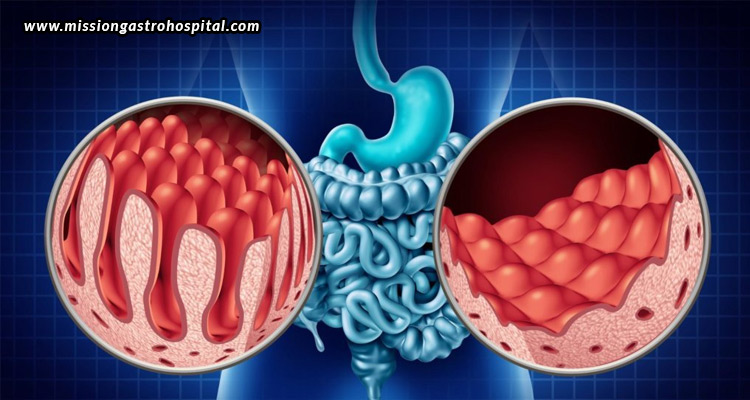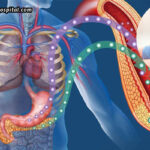Millions of people worldwide suffer from coeliac disease, a chronic autoimmune condition, which is caused by consuming gluten, a protein present in wheat, barley, and rye. Consuming gluten damages the small intestine in people with coeliac disease, which hinders their ability to absorb nutrients and results in a variety of symptoms. Effective management of coeliac disease requires knowledge of the condition, and adopting a gluten-free lifestyle. Let’s discuss in detail below.
Symptoms of coeliac disease
Diagnosing coeliac disease can be difficult because it can manifest in many different ways. Even the most basic ailments like constipation, bloating, gas, abdominal discomfort, and diarrhoea could be some common digestive symptoms of coeliac disease. You may ignore these symptoms as basic ailments, but when they are chronic and don’t go away even with over-the-counter remedies, it is time you become alert. Other symptoms of coeliac disease may include fatigue, anaemia, headaches, joint discomfort, dermatitis herpetiformis, and weight loss. It may manifest in children as developmental problems or delayed growth. Long-term consequences like osteoporosis, infertility, neurological diseases, and an elevated risk of intestinal lymphoma can result from untreated coeliac disease, underscoring the significance of prompt diagnosis and treatment.
Diagnosing coeliac disease
For coeliac disease to be managed effectively, an accurate diagnosis is necessary. Certain antibodies, such as tissue transglutaminase (tTG-IgA), are detected by blood testing, such as serological tests, and are suggestive of the disorder. One important diagnostic procedure is endoscopy, which entails checking the small intestine for damage and taking tissue samples for verification. Since the majority of people with coeliac disease have the HLA-DQ2 and HLA-DQ8 genes, genetic testing for these genes may be done in unclear cases.
Managing coeliac disease with a gluten-free diet
Following a rigorous gluten-free diet is essential for controlling coeliac disease since it not only reduces symptoms but also promotes small intestinal healing. Avoid grains that contain gluten, such as wheat, barley, and rye, as well as products made from them, such as bread, pasta, cereals, and baked goods. In addition to the increasing number of gluten-free items that are available today, naturally gluten-free grains like rice, quinoa, millet, and buckwheat can be used as safe substitutes. To find hidden gluten sources, food labels must be carefully examined, and certification certificates stating gluten-free status should be obtained. Additionally, especially in shared kitchens, it is crucial to avoid cross-contamination by using different cutting boards, toasters, and cooking equipment for patients of coeliac disease.
Challenges of gluten-free living
All of the above may sound too intimidating, isn’t it? It’s true. For patients suffering from coeliac disease, adopting a gluten-free lifestyle may seem to be daunting at first as it may bring about may challenges and difficulties in many areas of life. For example, in social settings, like eating out or going to events, it becomes necessary to look up restaurants with gluten-free menus and let others know about any dietary restrictions beforehand. A gluten-free diet may be deficient in critical nutrients like fibre, iron, and B vitamins, so it’s crucial to include nutrient-dense foods and, if needed, take supplements to maintain nutritional balance. This lifestyle change can also have a big emotional impact, although counselling and support groups can help people and families deal with these difficulties.
When to seek medical advice?
Chronic diarrhoea, exhaustion, or unexplained weight loss are examples of persistent symptoms that call for medical attention. Prompt diagnosis and treatment of coeliac disease can avoid complications and significantly improve quality of life. Although managing coeliac disease necessitates a lifetime of adherence to a gluten-free diet, people can live healthy, satisfying lives with the right diagnosis, information, and support. Seeking advice from an expert is essential if you suspect coeliac disease because of any food allergies, or encounter difficulties managing it. As the best gastroenterologist in Ahmedabad, Mission Gastro provides patients with personalized guidance and expert care to help them manage their condition. By embracing a gluten-free diet and getting professional counsel, you can arm yourself with knowledge and take proactive measures towards improved health.








